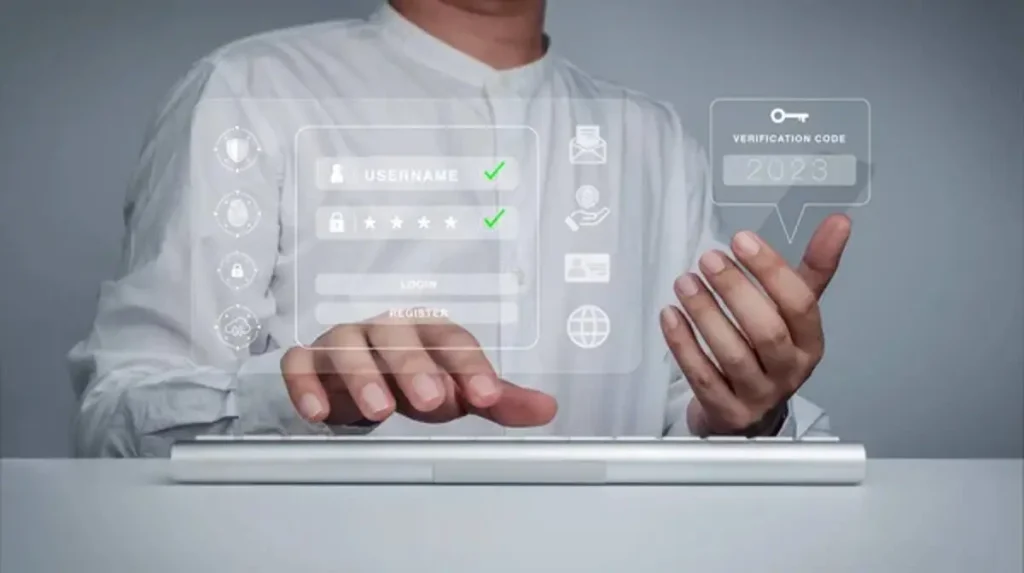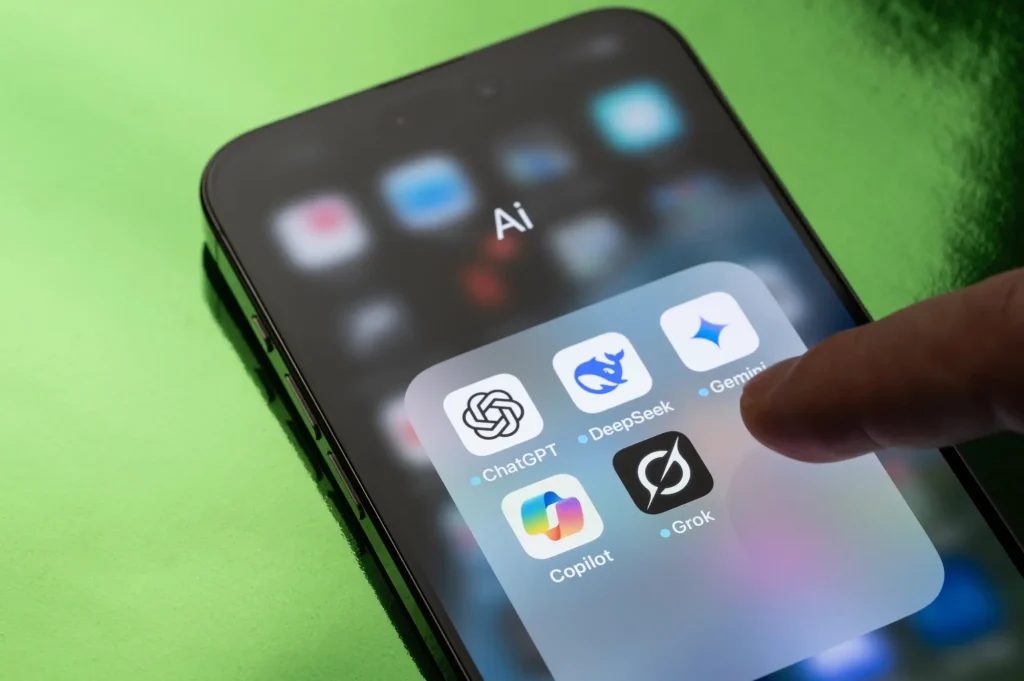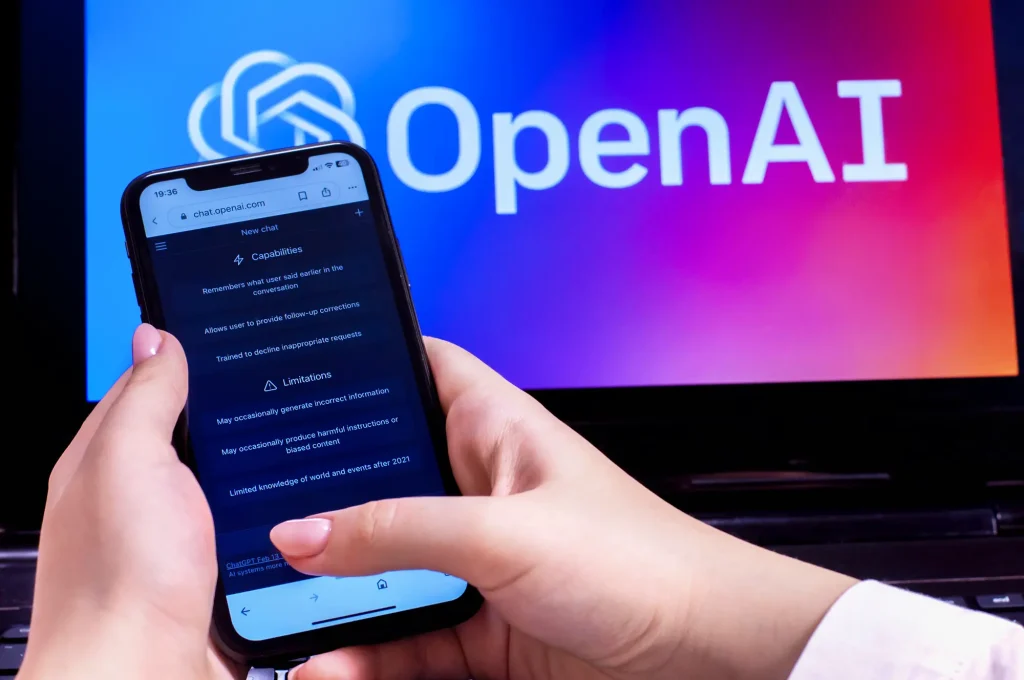Equinix to build £3.9bn Hertfordshire data centre
Equinix plans to invest £3.9 billion in the project, which will deliver 250+MW of compute
OpenAI is developing a Sign in with ChatGPT authentication system that could leverage its 600 million monthly active users to rival Google, Apple, and Microsoft1. Early testing via Codex CLI offers developers API credits, while security gaps in ChatGPT’s current MFA implementation highlight critical challenges2.
OpenAI is positioning its new Sign in with ChatGPT feature as a gateway to third-party applications, mirroring strategies used by dominant tech firms1. With over 600 million monthly users, ChatGPT’s existing ecosystem provides a competitive edge3. The feature aims to streamline logins while integrating AI-driven personalization, such as contextual app experiences based on ChatGPT interactions.
Early testing occurred through Codex CLI, OpenAI’s terminal-based coding tool, where developers could link ChatGPT Free, Plus, or Pro accounts to API accounts5. Plus subscribers received $5 in API credits, while Pro users gained $501. This incentivizes adoption and gathers feedback ahead of a broader rollout.

While Sign in with ChatGPT promises convenience, OpenAI must resolve security shortcomings in its current infrastructure2. Standard ChatGPT accounts lack mandatory multi-factor authentication (MFA), relying instead on passwords and optional social logins6.
OpenAI’s MFA setup, available via ChatGPT or API Platform settings, requires users to scan a QR code with an authenticator app and save recovery codes2. However, enabling MFA does not log out existing sessions, posing risks if devices are compromised6. For Sign in with ChatGPT to succeed, OpenAI must enforce MFA by default and address these vulnerabilities.
OpenAI’s developer interest form reveals ambitions to cater to organizations ranging from startups (100M users)5. The form also probes how developers monetize AI features and whether they use OpenAI APIs, suggesting future bundled offerings1.
The company is prioritizing partnerships in sectors like e-commerce and social media, where AI-driven personalization could enhance user retention7. By aligning Sign in with ChatGPT with OpenAI’s broader API ecosystem, developers gain access to a pre-authorized user base, reducing friction in app onboarding4.

Sign in with ChatGPT enters a market dominated by “Sign in with Google” (1.5B users), Apple’s privacy-focused logins, and Microsoft’s enterprise integrations1. OpenAI’s differentiator lies in its AI capabilities: the service could share contextual data (with consent) to personalize app experiences4.
For instance, a travel app using Sign in with ChatGPT might auto-fill preferences based on prior ChatGPT queries about destinations7. However, convincing developers to adopt a new standard requires overcoming network effects favoring incumbents.
The feature likely uses OAuth 2.0 or OpenID Connect protocols, as seen in OpenAI’s GPT Actions documentation4. Users clicking Sign in with ChatGPT on third-party apps would redirect to OpenAI’s authentication page, with tokens passed back to the app5.
Codex CLI’s integration preview shows how API keys are auto-generated during sign-in, eliminating manual key management5. This approach balances security with ease of use but requires rigorous encryption for stored credentials2.
Centralizing logins via Sign in with ChatGPT raises questions about data aggregation3. OpenAI’s privacy policy allows using ChatGPT interactions to improve models, though users can opt out3. Third-party apps accessing ChatGPT-linked data must comply with GDPR and CCPA, requiring explicit user consent4.
Recent outages, like December 2024’s email verification failure, underscore the risks of dependency on OpenAI’s infrastructure6. Ensuring uptime and transparent data handling will be critical for trust.

CEO Sam Altman first hinted at an OpenAI authentication system in 2023, with a 2025 target for Sign in with ChatGPT1. Success could spur AI rivals like Anthropic or Google’s Gemini to develop similar services, fragmenting digital identity ecosystems7.
OpenAI’s move aligns with trends toward passkeys and passwordless logins, but its AI integration offers unique value4. If adopted widely, Sign in with ChatGPT could redefine how users interact with apps, blending authentication with personalized AI assistance5.
Citations
The post OpenAI’s ‘Sign In with ChatGPT’ Challenges Tech Giants in Authentication Arena appeared first on AI GPT Journal.
Author: Jim Malervy - This post was originally published on this siteEquinix plans to invest £3.9 billion in the project, which will deliver 250+MW of compute
Key takeaways What Is Imagine Lens—and Why It Matters Snapchat’s Imagine Lens lets us create…
Packages downloaded from NPM can fetch dependancies from untrusted sites.
Exclusive Edge, Atlas, Brave among those affected
A critical, currently unpatched bug
The announcement brings Amazon’s total pledged investment in South Korea to $9 billion over the